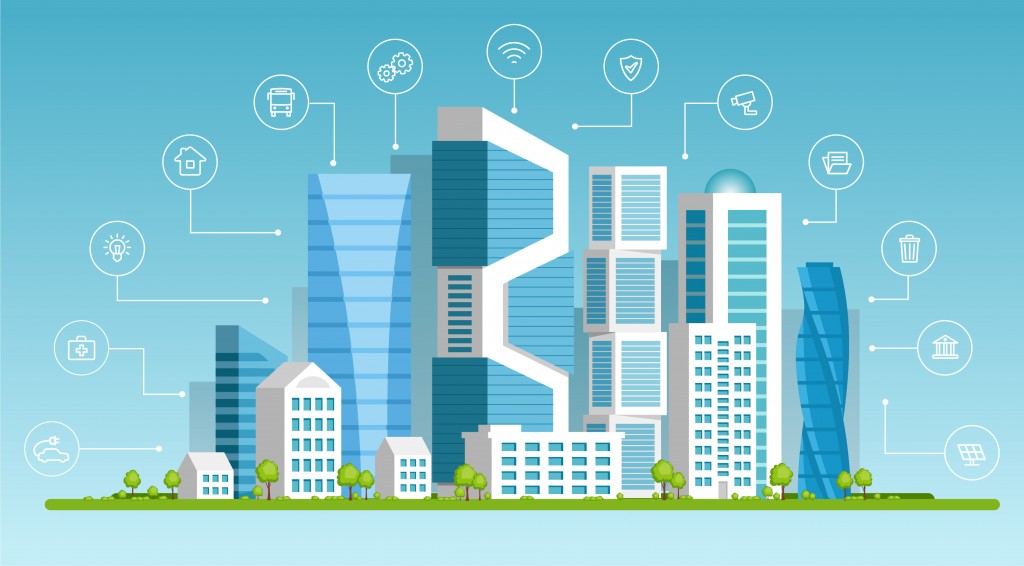What does Malaysia’s energy provider have planned for smart cities?
TNB’s role in an energy-efficient future
By Yanika Liew
If city dwellers today consider city life hectic, increased urbanisation of the future will make the speed at which humans live almost unimaginable. Cities around the world are expected to be more urbanised as people move to cities in favour of better prospects, leading to increased congestion.
Through environmental, sustainable and governance (ESG) goals, energy transition and decarbonisation are crucial. There is an urgent need for a healthier, conducive, technologically-driven way of life, and the fact of the matter is that sustainability and technology are intertwined. As Malaysia’s primary energy provider, Tenaga Nasional Bhd (TNB) is looking for change.
“Currently, urbanisation in Malaysia has reached 78% of which we project to increase up to 80% by 2030, along that, there is also the increased trend of population, most people will reside in cities in Malaysia,” TNB strategic investment senior manager Muhammad Khairul Zaim Abd Hafidz said.
“We have the aspiration to be net zero by the year 2050. We target to halve our coal generation by 50% by the year 2030, so we hope to achieve net zero by 2050,” he pointed out.
According to Khairul, cities need to be smarter to cater to this change in lifestyle and demand for ESG.
“It needs to be able to cater for learning, work and also play. It has to have a conducive self-sustaining economy ecosystem by itself, it needs to have mixed components of development, of retail residential and office so that people can earn, spend and live all within the same place,” Khairul said.
“We need to have smart wastewater management, we need to have efficient energy and water usage to achieve this net zero carbon aspiration,” he added.
Pathway to RE
Technology and innovation are crucial to a resilient, sustainable smart city, where all technological applications and devices assist in the day-to-day. This can be seen in smart homes, with sensors and artificial intelligence (AI).
“AI can do energy efficiency, you can see there’s a system where you can evaluate your energy. For example, we can notice that the aircon is not so cold because there are a lot of people. So these are the things the system can evaluate based on the situation, leading to energy saving,” Ian Scott Inteltech managing director Mohd Izharudin Amanudin said during the 31st National Real Estate Convention.
Izharudin pointed to an energy-smart monitoring system, which can identify and monitor voltage, power surges or coal usage. Smart technology ensures that everything would be analysed by the system itself.
“The first smart city solution that TNB will be able to provide focuses on energy efficiency. We have already installed smart meters in most of the premises in Malaysia, which allows for better, more accurate, and more transparent meter readings. Consumers can assess and monitor their energy usage in real-time,” Khairul said.
TNB’s Sustainability Pathway 2050 (SP2050) aims to increase its renewable energy (RE) capacity to 8.3 gigawatts (GW) by 2025. As of September 2023, the 3QFY2023 TNB analyst briefing revealed that TNB has achieved 50% progress towards this goal, with 1.1GW internationally and 3.0GW domestically, totalling 4.1GW.
Consequently, the increased RE capacity has resulted in an expansion of the Green Electricity Tariff (GET) quota, enabling consumers to utilise more RE. The company is committed to advancing energy-efficient solutions. TNB offers the installation of rooftop solar panels on new housing developments, along with the ongoing monitoring and management of these buildings.
Examples of this are the implemented solar panels in the SP Setia headquarters building and TNB’s collaboration with Sunway Property, Gamuda Land, Glomac and the Ipoh local council to provide energy-efficient products and solutions.
“We have our own subsidiary called Allo. Allo provides services on fiberisation infrastructure and also internet connectivity. Their services, I would say, are highly reliable. They are providing service to data centres, and also to our own core business, of which we cannot afford any downtime,” Khairul said.
“We have our own EV charging stations called Electron. We have four right now in rest stops along North-South highways, we also have chargers in 12 of Auto Bavaria premises. These are managed by our subsidiary TNBX. They have their own application, these applications would be able to allow the consumer to locate the charger and also to monitor the charging progress,” he added.
Crucial infrastructure
According to a 2016 study, 23.3% of Malaysia’s energy-related CO2 emissions stemmed from the transportation sector. Globally, transportation accounts for a quarter of CO2 emissions. While numerous Southeast Asian countries are advocating for electric vehicle (EV) adoption, the scarcity of charging infrastructure and associated costs deter many consumers from transitioning to EVs. Despite the government’s dedication to public transportation as a viable alternative to reduce carbon emissions, its connectivity outside the Klang Valley remains inadequate.
Khairul noted that TNB is integrating more subsidiaries that can complement smart infrastructure amenities, such as Vantage RE, located in the United Kingdom. With Malaysia’s RE industry in its early stages, the infrastructure and development of solar and wind farms present significant challenges.
There is also the critical issue of integrating renewable energy sources with the current power grid. According to the analyst briefing, Vantage RE aims to leverage RE technologies and knowledge from Britain’s more mature RE industry. In 2023, 51% of the electricity used in Britain originated from zero-carbon sources, compared to 32% from gas and 1% from coal.
“We hope that we can continue to work with more developers and more local councils in providing smart infrastructure and connectivity towards achieving smart cities,” Khairul said.
With over 400 multinational companies committing to 100% renewable energy usage, Malaysia’s potential for foreign investment opportunities will likely depend on the government’s progress in increasing RE capacity. With its current capacity of 4.1GW, TNB will need to continue its efforts to support Malaysia’s economic growth.
As the demand for energy efficiency grows more pressing, the transformation of Malaysia’s cities may pose unforeseen challenges. With the promise of smart mobility, connectivity, and energy transitions, questions arise about the cost to the public and who may be left behind.
Source: StarProperty.my


















POST YOUR COMMENTS